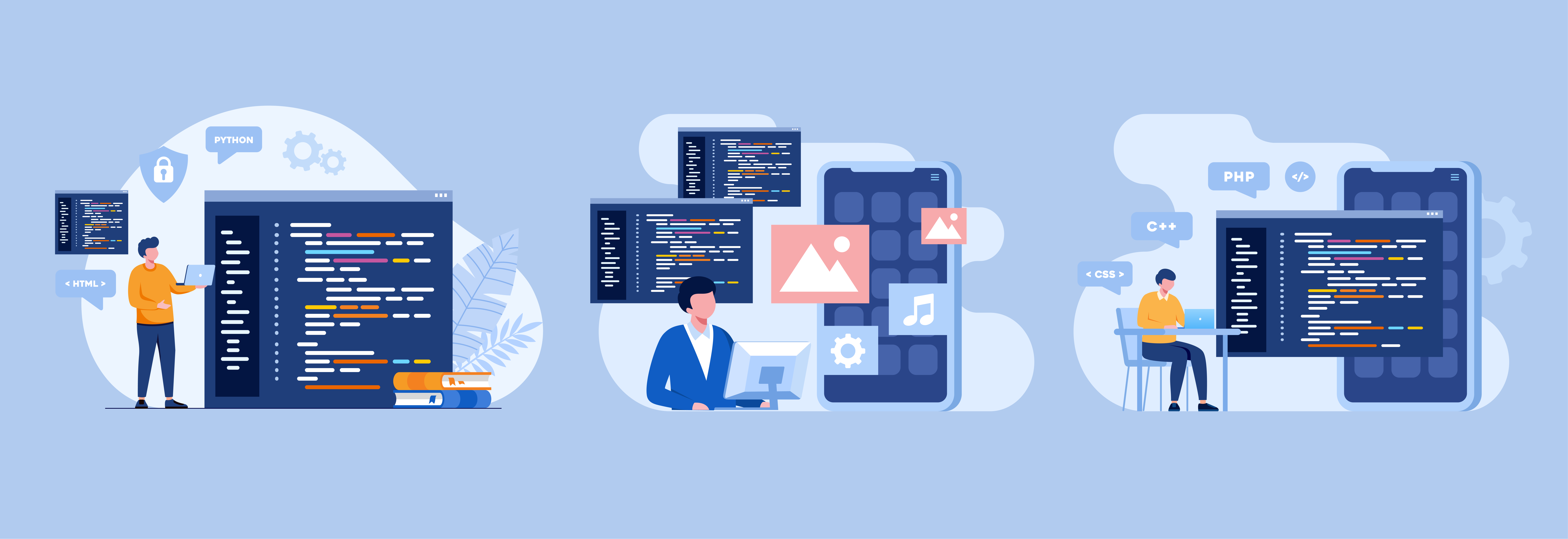
One of the most crucial decisions you'll ever make during your app designing process is choosing which operating platform to launch on first. The decision between launching on iOS or Android is certainly not easy as they both offer distinct pros and cons that can either make or break your app release.
You can decide whether to launch your app with Android or iOS by considering key categories that play a massive role in app development and success, such as monetization, target audience, budget, and timelines. The choice of where to initially launch is important because it allows for the best-case scenario. If you launch with the wrong platform, your app may underperform, take longer to release than planned and result in little to no revenue. Because of this, it's crucial to consider the highest priorities and project requirements for your specific app. With such a wide range of possibilities regarding apps, it makes sense that certain factors can make either iOS or Android more advantageous.
Since there are so many moving parts to app production and launching, it's not likely to be a simple choice between the two platforms. However, below we explain in detail the most important considerations you'll need to analyze and weigh before deciding which system to use for your app debut.
The two primary methods for monetization with apps are via one-time app purchases and subscriptions or ads. With free apps dominating both markets, ads are essentially the sole provider as far as revenue goes. With paid downloads and subscriptions, revenue comes in either as a one-time purchase or monthly schedule. Deciding on the method by which you want to monetize your app can help lead you to the right decision. Let's say, for example, that your app will focus on providing meditations. It would make the most sense to have subscribers pay a monthly fee for access, as this is an ongoing need. In contrast, if your app is a word game, free ads could be best simply because the amount of us can't be as easily predicted or expected. Ultimately, it's going to be an individual decision based on the purpose or intent of the app in question.
There is also going to be more competition with the Android platform. Each month roughly 100,000 apps are launched on the Android platform, whereas only 30,000 are released via Apple's app store. So even if you have a unique and innovative app concept, your visibility will be significantly increased just by opting for a launch with iOS. This means that more users will see the app, there will be more opportunities to download it, and a greater chance of revenue as a result.
When it comes to Apple users versus Android users, a few distinct differences will make an enormous impact on your app's initial launch. As of 2025, Android dominates the market with a whopping 70% of users across the globe. This means that iOS users make up less than 30%. Interestingly enough, though, Apple blew Android out of the water in terms of app sales last year. They accounted for 63% of the total revenue from apps in 2021, even with such a small market share regarding overall users.
This tells us that iOS users aren't afraid to spend money on apps. Some possible reasoning for this is the prevalence of iOS users in affluent areas like the United States and a younger demographic of users overall. IOS users are far more likely to hit the purchase button when in the app store than users in the Google Play store. Plus, as we know, younger people tend to spend with less restraint than those a bit older, so it's safe to say this adds up.
When looking at a world map of mobile phone usage, the vast majority of Eastern countries use Android. In contrast, about half of the Western countries, including the United States and Canada, use iOS. If your target audience is located on the Western side of the world, iOS will most certainly be your best bet. Otherwise, Android is going to have the most considerable amount of reach globally.
Simply put, it takes less money to launch an app on iOS and in a shorter time frame on average. Publishing on Android takes almost 40% more time than it does for iOS. Apple has some pretty rigid stipulations for their apps, but because they're so strict, it can be easier to fit your app into their guidelines. A more transparent process can make for a quicker delivery. The downside to this is that they are more likely to reject the app if it doesn't fit their requirements to a tee. In the long run, this can add time to the project's official launch.
As far as cost goes, we've established that the time for developing Android apps is longer, which equates to more labor. Even if you have the most talented app developers in the world, the process will naturally take more time due to the factors involved with Android app building. There will be more coding and fragmentation, and the emulators are just slower. The process is inevitably longer, and you'll have to spend more money to pay the experts.
As you can see, iOS and Android offer distinct benefits to app designers, but figuring out which one will be the best fit takes some mulling over. Once you decide who your target audience is, how you want to monetize the app, and have an outline for your budget and timeline, you can effectively make the right choice for your individual project.